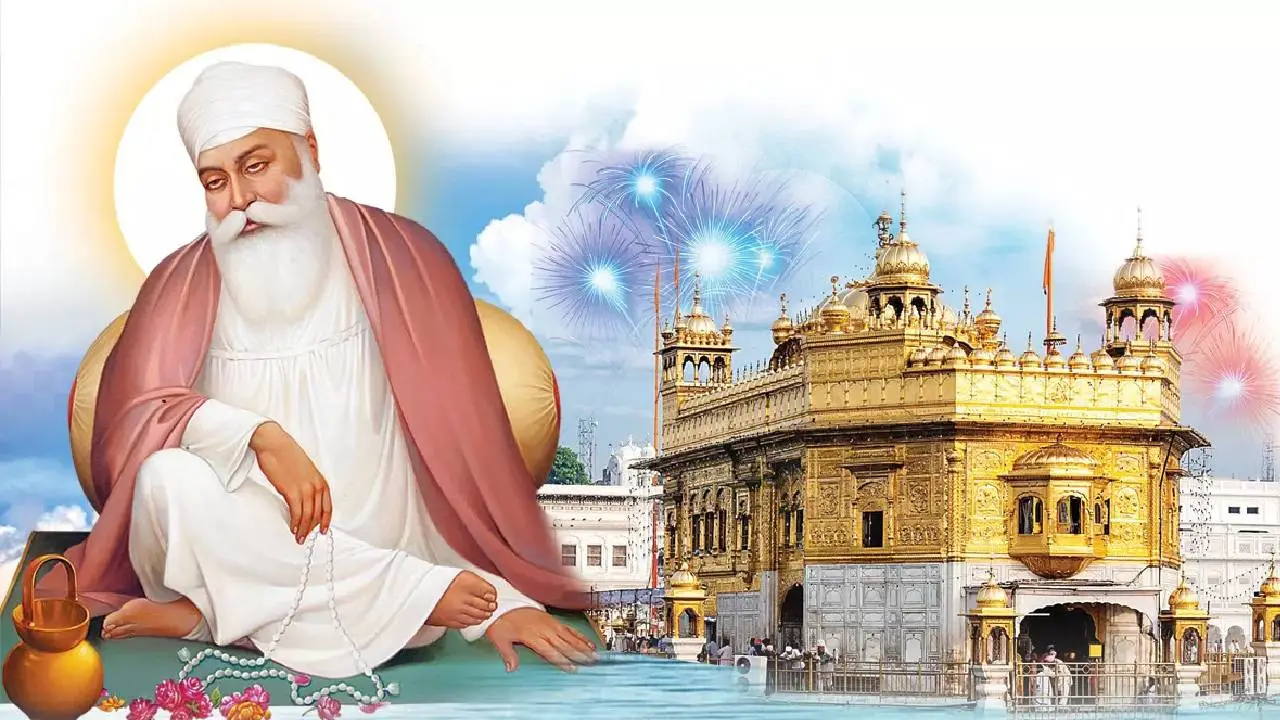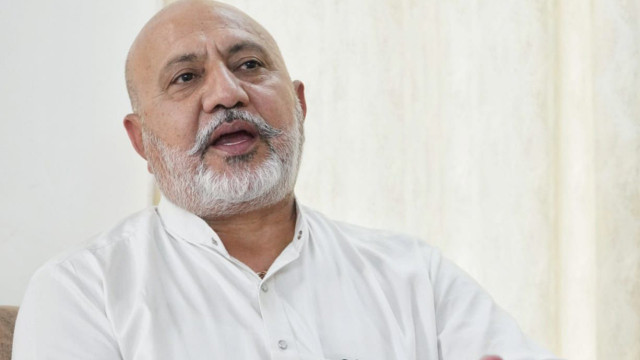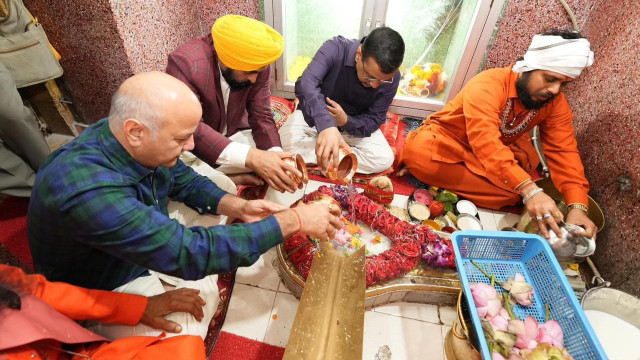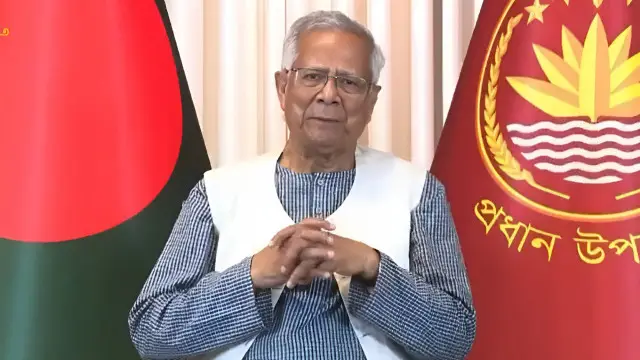Why India’s ban on Sikh pilgrim groups to Pakistan is about security, not religion or faith
India’s decision to stop Sikh groups from traveling to Pakistan on Guru Nanak’s birth anniversary has drawn criticism, but history and security realities show it’s a protective step, not discrimination.

National News: Since partition in 1947, access to Sikh holy sites in Pakistan has always been difficult. Nankana Sahib, Kartarpur, and other shrines became part of Pakistan, making pilgrimages complicated. Wars, tensions, and terrorism frequently disrupted visits. Over the decades, governments have had no choice but to restrict pilgrim travel whenever security was under threat. These bans were not about faith but about ensuring safety. The current restriction is part of this long historical pattern.
Past Disruptions As Evidence
The record is clear. After the 1965 war, border routes like Jassar bridge were closed, halting pilgrimages. In June 2019, around 150 devotees were stopped at Attari due to security alerts. The Kartarpur Corridor, opened in November 2019, was shut for 20 months during COVID-19. Again in May 2025, after Operation Sindoor, about 150 pilgrims were turned back on the same day. These examples prove that restrictions happen when risks are high, not for targeting communities.
Pakistan’s Double Standards
Pakistan often projects itself as a protector of Sikh heritage. But its record toward its own minorities tells a different story. Temples have been attacked, forced conversions have taken place, and many gurdwaras face neglect. Indian pilgrims too have faced exposure to Khalistani propaganda inside Pakistan. Instead of purely religious visits, these trips sometimes turn political. That is why India views such pilgrimages with caution, especially when tensions are high.
Security First, Always
The recent Pahalgam terror attack and Operation Sindoor have left the security environment extremely sensitive. Sending hundreds of citizens across the border under these conditions would be unwise. Unlike cricket players, who travel under heavy protection, pilgrims move freely and in large groups. This makes them soft targets. The government’s priority is to protect lives, even if it means restricting access temporarily. This logic stands above political or emotional arguments.
Comparison With Cricket Misleading
Some argue that if India can play cricket with Pakistan, why stop religious visits? The answer lies in security dynamics. Players are high-profile and guarded at every step. Pilgrims, however, travel in open conditions, scattered in shrines and villages. Their safety cannot be guaranteed in hostile surroundings. So the comparison does not hold. Cricket tours are controlled, while pilgrim visits expose ordinary citizens to real risks.
Nation’s Duty To Citizens
India’s Sikh community has always stood with the nation, even during wars and crises. They understand that a government’s first responsibility is to protect its citizens. Restricting pilgrimages in sensitive times is not disrespect but duty. The gurdwaras will always remain sacred, but no temple or shrine is worth risking innocent lives. The decision is about national integrity and safeguarding people before anything else.
Faith Remains, Security First
The restriction is temporary, but the devotion remains eternal. Guru Nanak’s message is about peace, service, and truth, values that can be observed anywhere. Bans on pilgrimages have happened before due to wars and terror. Today’s situation is no different. It is not about curbing faith but protecting lives. India respects Sikh heritage deeply, but national security must come first. Protecting pilgrims is the real act of service.














